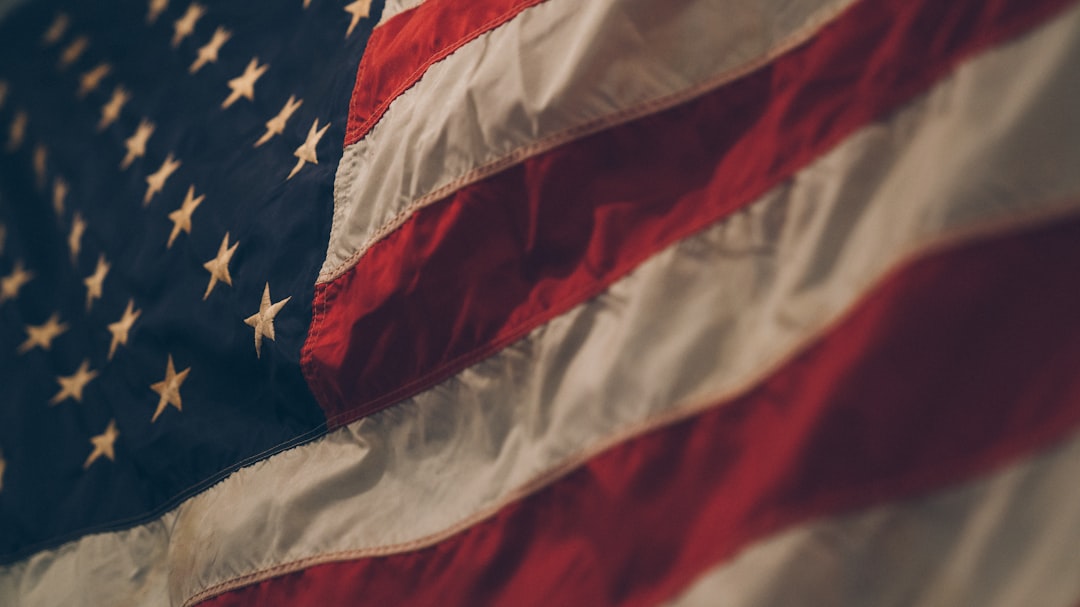All Nonfiction
- Bullying
- Books
- Academic
- Author Interviews
- Celebrity interviews
- College Articles
- College Essays
- Educator of the Year
- Heroes
- Interviews
- Memoir
- Personal Experience
- Sports
- Travel & Culture
All Opinions
- Bullying
- Current Events / Politics
- Discrimination
- Drugs / Alcohol / Smoking
- Entertainment / Celebrities
- Environment
- Love / Relationships
- Movies / Music / TV
- Pop Culture / Trends
- School / College
- Social Issues / Civics
- Spirituality / Religion
- Sports / Hobbies
All Hot Topics
- Bullying
- Community Service
- Environment
- Health
- Letters to the Editor
- Pride & Prejudice
- What Matters
- Back
Summer Guide
- Program Links
- Program Reviews
- Back
College Guide
- College Links
- College Reviews
- College Essays
- College Articles
- Back
Triple Revolution: How America's Quest for Independence Sparked Worldwide Rebellion
Between 1775 to 1825 the Western world was rocked by rebellion and desire for change among the peoples. The United States were the first to act, followed by France, with Haiti becoming its own independent nation. Each uprising had one thing in common: they were breaking free of the controlling power of money and making way for freedom. These events are best studied together so that one can clearly see the relationship between all three revolutions.
The United States: We the People
Thanks for reading Cate’s Substack! Subscribe for free to receive new posts and support my work.
Subscribed
The United States was the first to act, breaking free from British reign. The British had defended the American colonies from France during the Seven Years War, which bled over to the Americas and became known to us as the French and Indian War. But now Britain wanted compensation for protecting the colonies, and so they tried to pass taxes on American staples such as stamps and tea. Thomas Jefferson references this in his Declaration of Independence: “...for imposing taxes on us without our consent...” (Worlds of History, 729). It came as a shock to Britain (and no one else) when the colonies dumped their tea into the ocean in protest, setting in motion the Revolutionary War and establishing the United States of America as an independent nation.
France: Reign of Terror
Meanwhile in France, the people were still reeling from their defeat in the Seven Years War. France had lost many territories to Britain in India and North America during the war, so they had already been hit hard by their accumulating debt. Their king, Louis XV, was forced to raise taxes for his subjects to cover his losses. Surprisingly to Louis XV (and no one else), the French citizens did not appreciate the high tax rates while Louis and his cake-loving wife continued to enjoy their royal privileges. Louis did not listen to his people’s cries for help, and when Marie was pestered about the situation, her solution was to “let them eat cake.” What resulted was the execution of the royal family, followed a bloody Reign of Terror, spurned by Robespierre, that lasted for one long year. Eventually, Robespierre was executed, and the Directory was formed, paving the way for one of the world’s greatest military leaders to take over France as a dictator. In 1799, less than four years after it was formed, a 35-year-old Napoleon Bonaparte overthrew the Directory and took over France, restoring it to its former glory. With a little help from America, France was able to regain its footing and take its place in our world history.
Haitian Revolution: My Own You Know
Not long after the French Revolution, Saint-Domingue created some waves within its isolated slave colony. In the 1760s, the colonial administration of Saint-Domingue decided to start taking away rights of freed people of color. Surprisingly to Saint-Domingue's leaders (and again, not to anyone else), freed colored people were none too happy about having their rights rescinded. So, in October 1790, Vincent Oge attempted to lead a rebellion to gain said rights back. He failed to make his case to the Saint-Domingue leaders. He did, however, start the beginnings of a revolution among his people, both freed and enslaved. In August of 1791, slave revolts broke out all over the island. With pressure from Saint-Domingue's people and the French Revolution reaching its peak in the motherland, France's National Assembly agreed to give back their rights. This helped Thomas L’Ouverture, a free black man, who used his role as governor fight against the British and French forces that invaded Saint-Domingue. He wrote to the Directory in 1797, and bravely told them that “...we have known how to face dangers to obtain our liberty, we shall know how to brave death to maintain it...” (Worlds of History, 740-741). It took less than a decade for Saint-Domingue to break free from their French dominators and call their new country Haiti.
Conclusion
It took a deranged British king and an accumulation of war-induced debt to set the revolution wheels in motion. But as it turns out, that was the push that America, France, and Haiti needed to establish their rights as human citizens. And in doing so, they proved to today’s students of history that even though they may have been separated by languages, a thirst for freedom was what united them all.
Similar Articles
JOIN THE DISCUSSION
This article has 0 comments.


History has always fascinated me, which is why I'm majoring in it in college. This essay was written to answer the question, "what effect did the American Revolution have on the rest of the world?" I hope I've done my Revolutionary War ancestors justice in writing this essay.